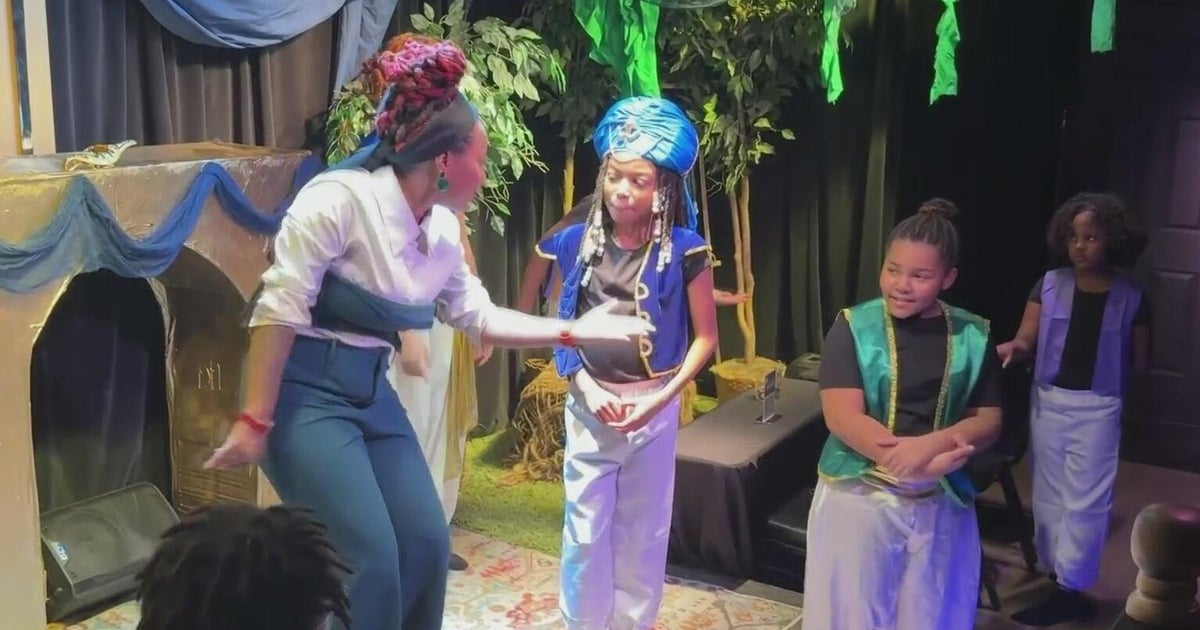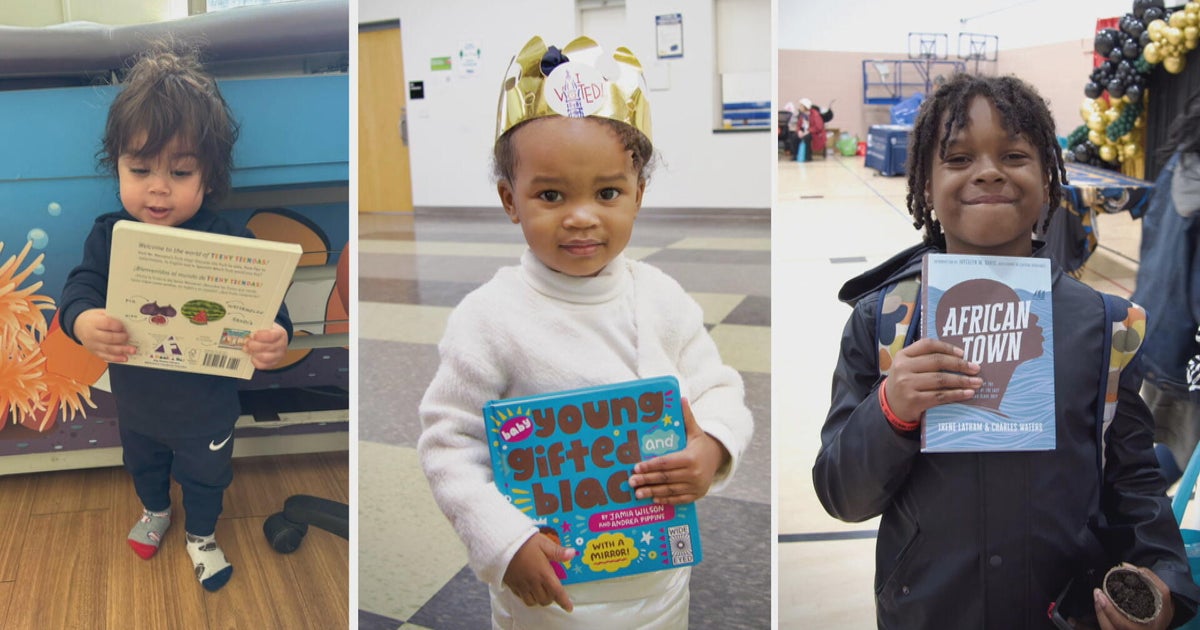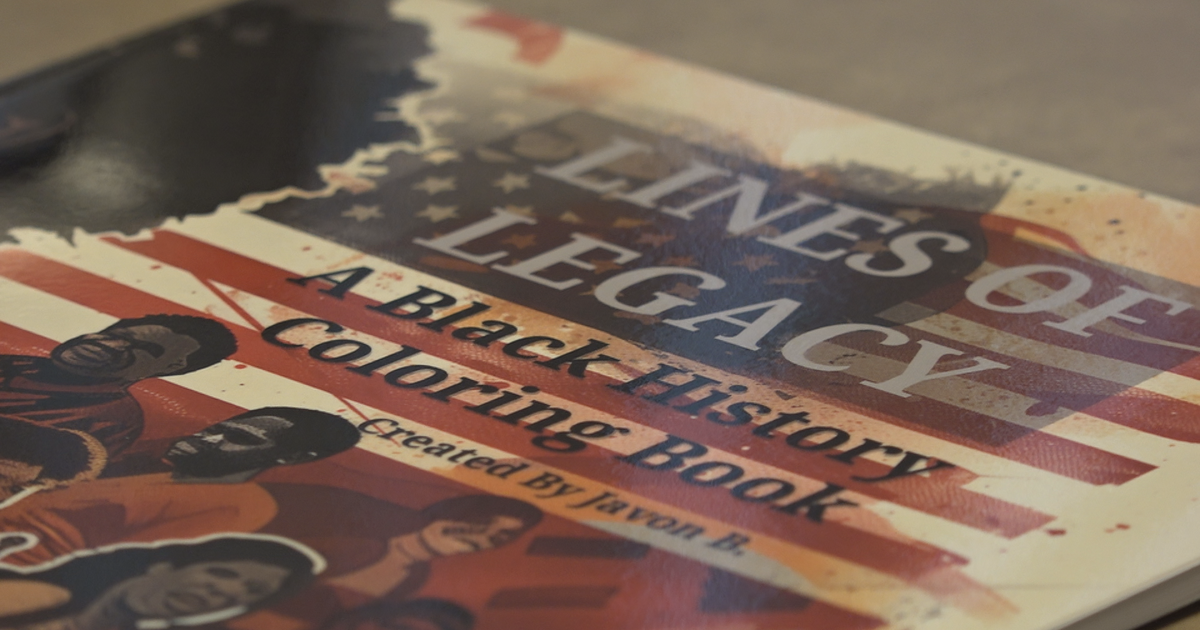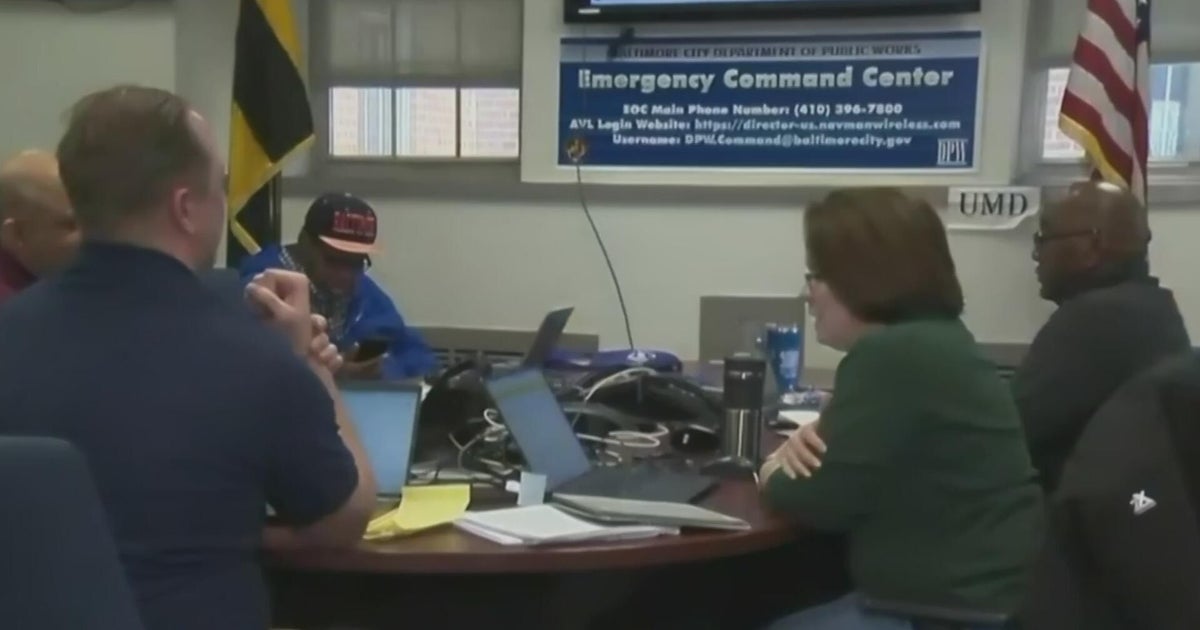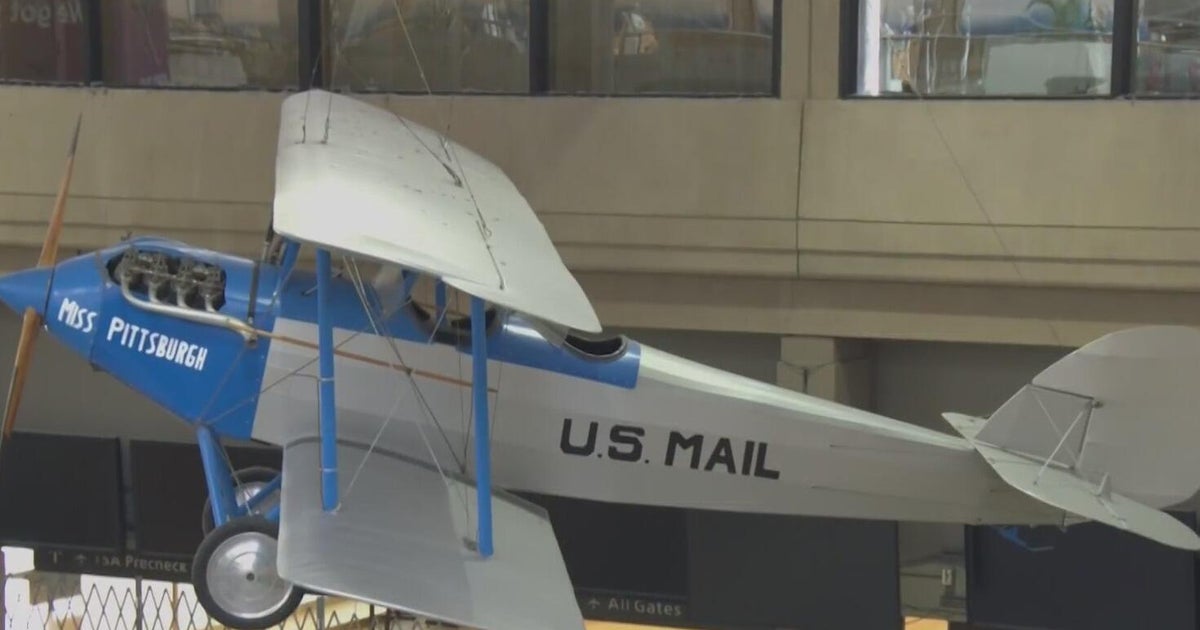What Makes A Great Show Tune?
Many songs from great musicals have seeped into the public consciousness, often becoming more recognizable than the productions that spawned them. "Anything You Can Do" and "There's No Business Like Show Business" were the spark behind Annie Get Your Gun, which first premiered way back in 1946, during the golden age of Broadway. "I'm Gonna Wash That Man Right Out Of My Hair" was a product of South Pacific a few years later. The list goes on and on.
These are the songs that make or break a Broadway musical, that determine its success. And for good reason. But what does it take to make a great show tune? The answer does not include a hummable melody or chorus — at least not anymore.
See the complete list of 2012 Tony Awards nominations.
Cole Porter, Frank Loesser, Rodgers and Hammerstein, and Joseph Stein knew how to make award-winning musicals. They sprinkled memorable songs all through a show that the audience hummed on their way out of the theater and into the nearest record shop. That was yesterday. Today, you don't need "Some Enchanted Evening," nor do you have to "Climb Every Mountain" to create a winning songbook. However, there are several other vital components in a successful show tune.
According to Kevin Connors, composer and lyricist, a song has to get stuck in your head. It has to be implanted, and it must be the last song of the musical. "Where a song is placed in a musical is crucial. In order for a song to stick in the minds of theater-goers it must be the last musical element," he explained. He went on to say that for the popular new formats today, including rock opera, songs are often complicated and even dissonant. This means that the tunes you hear during a musical may be too complex to sing on your way home from the show, but you're darn well going to remember it.
Get the latest buzz on the Tony Awards.
The current trend in musical theater is to write songs that are show-specific. They must propel the show forward, and audiences must learn something about the characters in the story. The music must never stop the action of the storyline.
Composer Richard DeRosa pointed out that the modern musical score is completely integrated with the story. "Comfortably melodic is no longer a criteria for a successful show tune. Today's musical numbers are more similar to classical music. There's no easy access," he said. DeRosa also pointed out that the songs in new musicals have to be fast and loud, what he described as "hyper-kinetic." He noted, interestingly enough, that a lot of the new musicals depend heavily on sound engineers and sound mixers. "Nowadays, you come away thinking about a particular song and say to yourself 'that person had a nice voice,' but you do not come away thinking about a specific singer. So many songs are enhanced by technology."
A successful show tune today is a collaboration — a mix of composer, lyricist, vocalist and sound designer. It advances the storyline, provides insight into the characters and implants itself in the minds of the audience members. On June 10, when the Tony Awards air on CBS, we'll see if Bonnie & Clyde, Newsies, One Man, Two Guvnors or Peter and the Starcatcher takes home the award for Best Original Score. But we may have to wait years, or even decades, to see if any of the songs from the winning score become a part of the public consciousness.
Joanne Greco Rochman is the arts editor of "The Fairfield County Review," a columnist, critic, feature story writer and English professor. Her work has appeared in "The New York Times," "The Republican-American" and Hersam-Acorn Publications. She can be reached at jgrochman@gmail.com.


